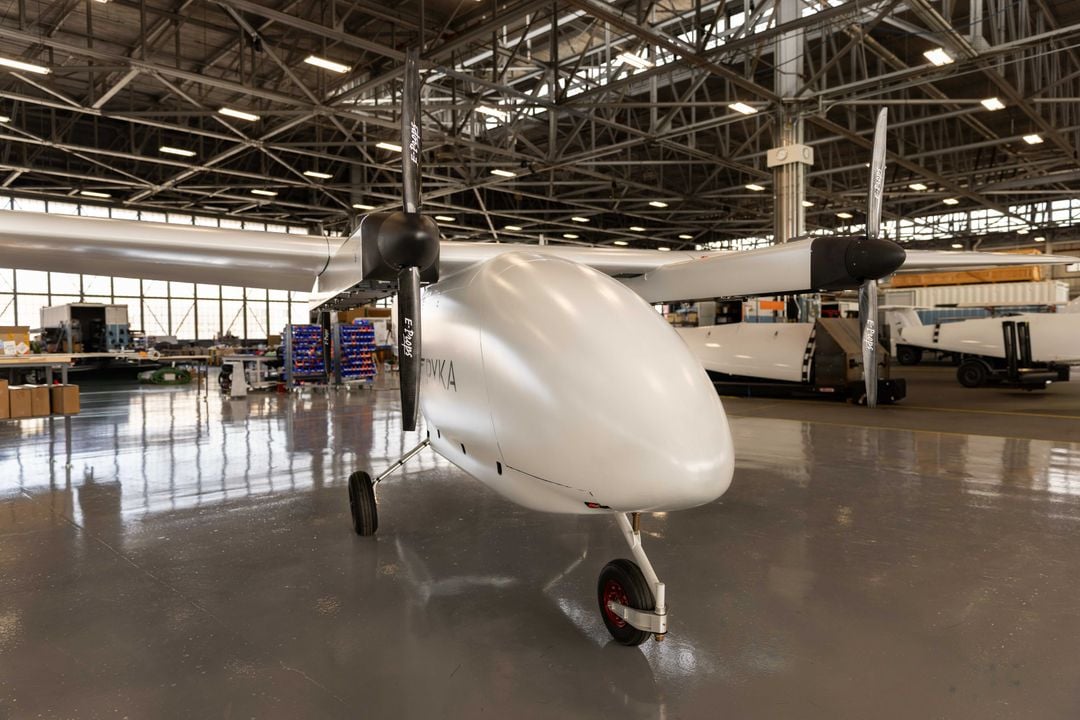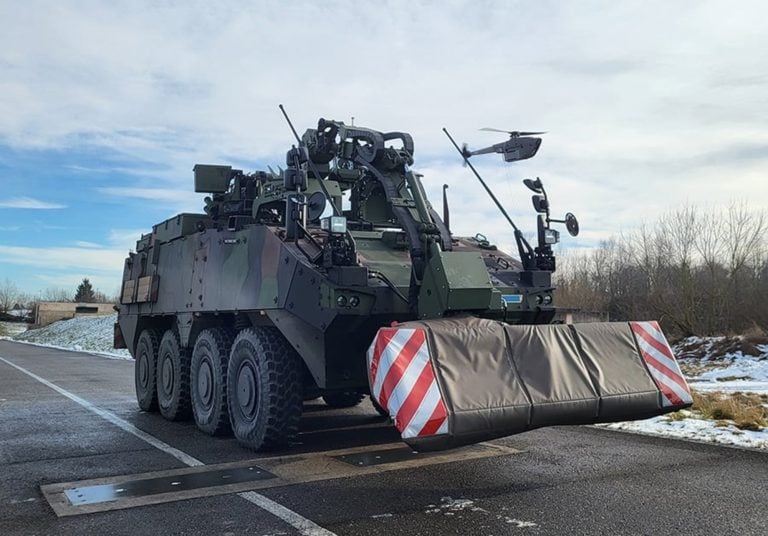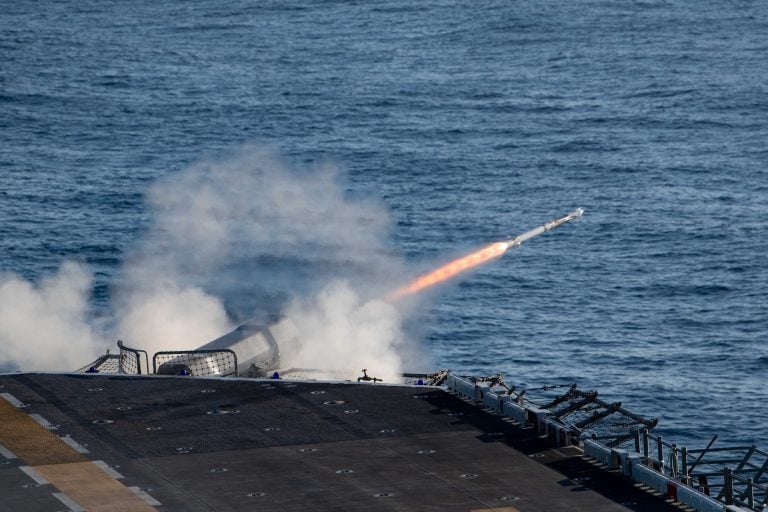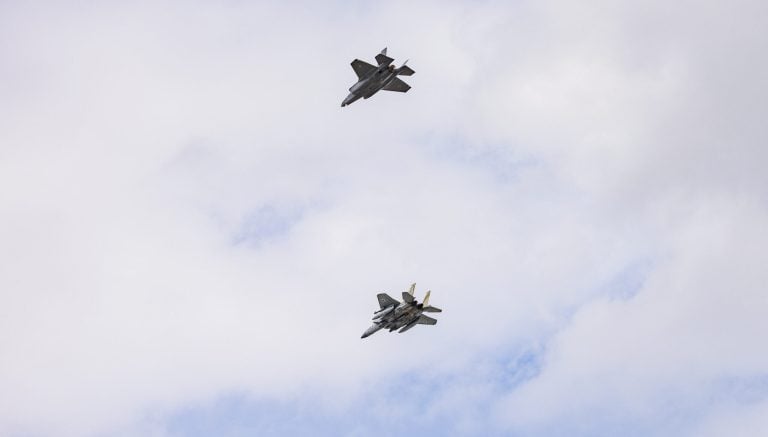Aerospace startup Pyka has announced the launch of a new unmanned aerial system designed specifically for military applications, marking a significant shift in the company’s focus towards the defense sector. This aircraft, named DropShip, promises to meet the logistical challenges posed by operations in austere or contested environments.
Building upon the success of Pyka’s Pelican 2, an electric aircraft previously utilized for crop protection, DropShip integrates the company’s established autonomous flight technology. With its inaugural flight slated for early 2026, this new platform marks Pyka’s ambitious entry into the defense arena, moving beyond its initial concentration on agriculture and logistics.
DropShip aims to deliver critical supplies with a precision airdrop system capable of positioning payloads within 150 feet of the intended target. The aircraft has an impressive ferry range exceeding 3,500 miles (5,633 kilometers) and can carry payloads weighing up to 550 pounds (249 kilograms). These capabilities make it a versatile solution for a range of military missions.
One of the standout features of DropShip is its reconfigurable mission system. This allows for the integration of various intelligence, surveillance, and reconnaissance (ISR) sensors as well as a waveform-agnostic communications suite. Additionally, it can support small unmanned ISR or communications vehicles and provides expeditionary power supply, adding to its operational versatility.
In terms of stealth operations, DropShip offers an all-electric, low-signature mode that facilitates approximately 45 minutes of flight time, making it especially suitable for covert or noise-sensitive missions. The platform’s capabilities are further enhanced by an open-architecture secondary mission computer that allows for rapid and plug-and-play integration of different systems.
Designed for rapid deployment, the DropShip can be prepared for flight in under an hour and can be operated autonomously by a single person, underscoring its ease of use and readiness for action.
According to Pyka CEO Michael Norcia, “DropShip answers the urgent demand for a flexible, attritable platform that can extend logistics, ISR, and communications deep into contested or difficult-to-reach environments at a fraction of the cost of exquisite assets.” He emphasized the importance of adaptability and affordability in defense and humanitarian missions, indicating that this aircraft could fill a vital gap in operational capabilities.
This development reveals Pyka’s commitment to leveraging its commercial technology for critical applications in the defense sector, signifying a new chapter for the startup as it explores the vast possibilities of unmanned aerial systems in military operations.







